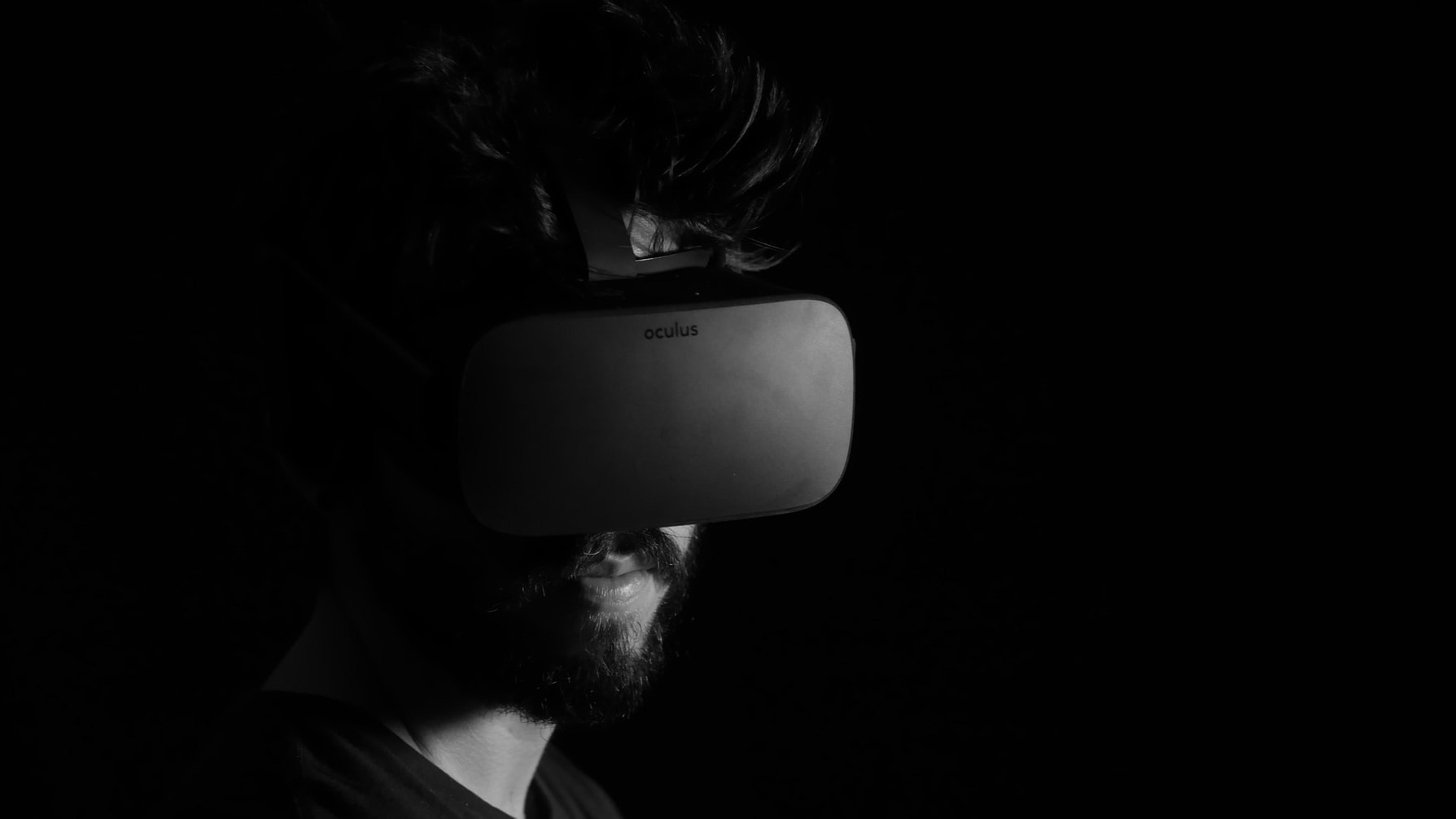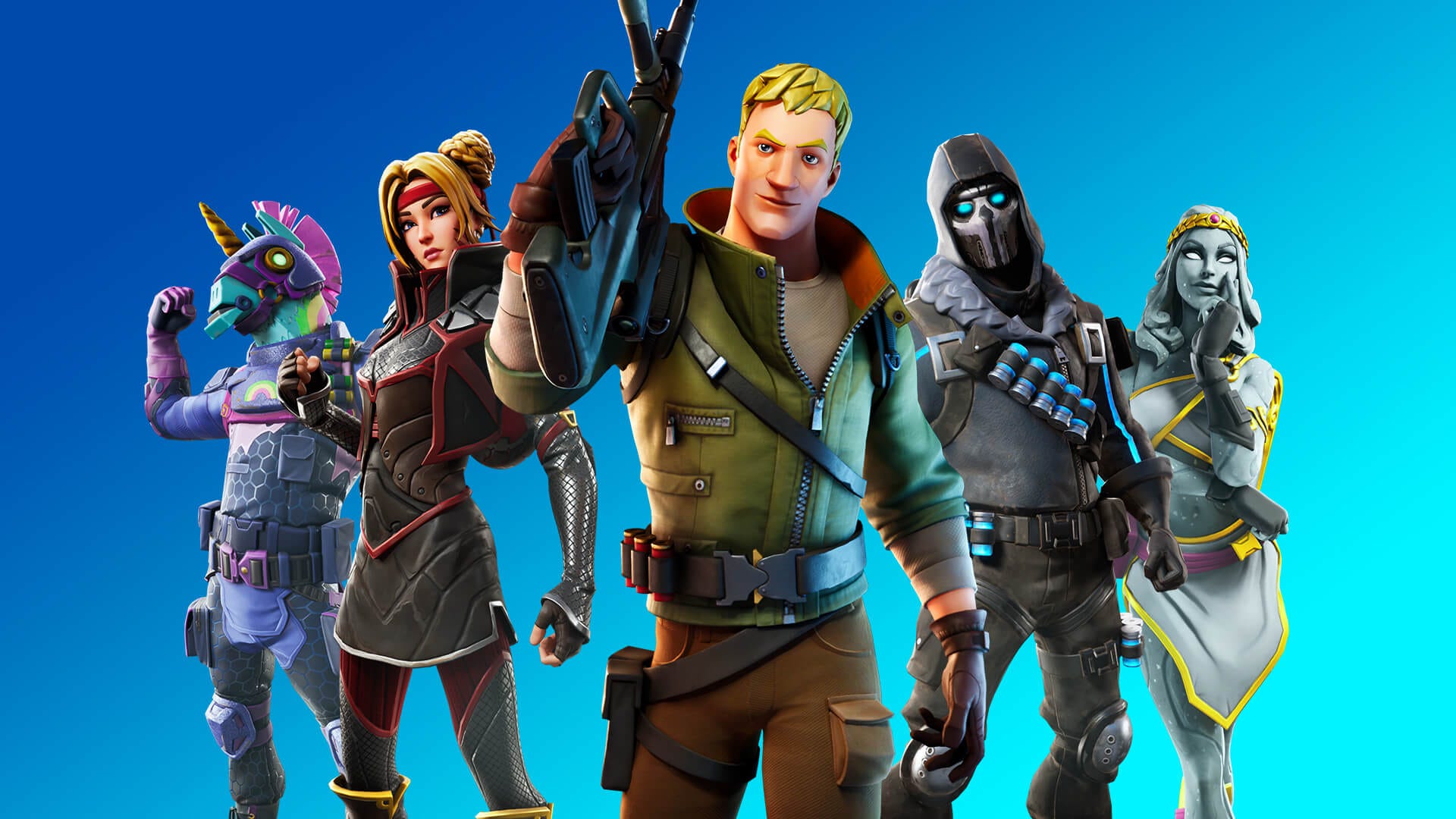 |
I’ve been seeing people on Twitter talk about how VR is dead, and if it wasn’t, COVID shelter in place would have been its moment to shine. The common thought from these people is along the lines of the following.
“Everyone is stuck in their houses for months in a row, many with nothing to do. This is the perfect time for VR to thrive and take its place in history as being the next platform shift. But no, VR did not have its moment. Instead of VR buzzing, the attention went to Clubhouse and Zoom. And the fact that VR didn’t take this moment and capitalize on it shows to many that if VR won’t happen now, it never will.” - Some guy on Twitter
I believe differently. I think when people think about VR, they inherently think about the Oculus Rift or the HTC Vive. These are powerful, yet bulky, VR systems that take a ton of PC power to run, and are tethered to the computers as well. Pretty much, the experience sucks when comparing to the cost. Hell, I even got a Oculus Rift a few years ago and returned in two weeks later because I couldn’t justify the cost.
What many people don’t realize is how big of a leap the Oculus Quest made in product evolution, which is Oculus’s new headset which launched about a year ago. And I have a feeling that most of the VR haters have tried the Rift or Vive, but not the Quest. This ultimately means that they are thinking about the past, and can’t imagine the future because they haven’t seen it or touched it.
I am going to write a separate post about the details of the Quest, but in simple terms, this is what makes the Quest so much better than the rift:
It is untethered, meaning you play anywhere indoors. It’s as portable as a gameboy.
The quality is comparable to the Rift to a consumer. I personally think the Quest is just as immersive as the Rift. With that said, I don’t know graphics and I’m not a game developer, so I wouldn’t know what do look for to spot differences. But more consumers are in my shoes than not.
It has inside-out tracking. Instead of sensors on your walls tracking you, the sensors are in your headset, and tracks the world from your vantage point. This allows for more flexibility in game play.
So, the Quest is pretty special, and those who are complaining about VR probably haven’t used it yet. But the argument is that if the Quest is so good, why doesn’t everyone have one? This leads me to my three reasons why VR didn’t take COVID and be the “killer app”.
Demand is higher than supply
If you went on the Oculus website right now and tried to get a Quest, you couldn’t. The reason is because they are sold out. The CTA to buy one reads “notify me”. Historically, whenever Oculus has put Quest back in stock, they have flown off the shelves in days. This tells me a couple of things”
People want the Quest, and Oculus didn’t prepare well enough for it. Oculus wanted this to be their moment more than anyone and they did drop the ball, but not for the reason people think. Everyone thinks its a product problem, but it’s actually a distribution problem. That makes sense too, as it’s sexier to say “VR sucks” than “Oculus is so popular that they can’t predict their demand”.
No one actually knows how much demand there is for VR. If supply met demand, would VR be having its moment? Would thousands be playing in one world? Would millions? No one knows. So we’ll look back in 10 years when we are all in Oasis on this moment, and wonder what would have happened if Oculus would have gotten their distribution down.
VR has a brand problem
 |
As mentioned, when many think of VR, they think of a super expensive (and tethered) experience that isn’t worth the money OR they think of the Google cardboard, which hurt VR more than help it. This is why so many people think VR is dead, it’s just because their experience with VR was sub-optimal. Cardboard is dead. Rift will be dead, or its revenue will be, compared to the Quests. But because the Quest has only been out for a year, it hasn’t had time to change people’s perception of VR as a whole. This will change in time, but this is still very present during COVID times, which makes it easy to dunk on. And because fewer people have a Quest than not, the rebuttals are drowned out by the haters. I guess only time will correct them.
People still think gaming is niche
 |
One of the most common complaints about VR is that the only things to do on it is playing games. This is probably true, but what many don’t realize is that I think gaming and social networks of tomorrow will collide. The social network of tomorrow will look nothing like Facebook, and based on the trends in consumer behavior, I think gaming will become a lot more ubiquitous with interacting and chatting with friends. Yes, so right now it may appear like blowing up zombies with a ray gun seems niche. But all great consumer apps start out looking like a toy. Gaming has changed. So will we.
In summary, I do think that VR missed a giant opportunity to take market share during COVID. With that said, I don’t think it’s because VR is insignificant, I just think it’s early. Once Oculus gets their distribution down, VR’s brand problems go away, and gaming becomes more than just gaming, VR will have its moment. Will it takes a few months, a few years, or longer? No one knows, but I know there are a lot of people hoping it comes sooner than later. Until then, we wait.
